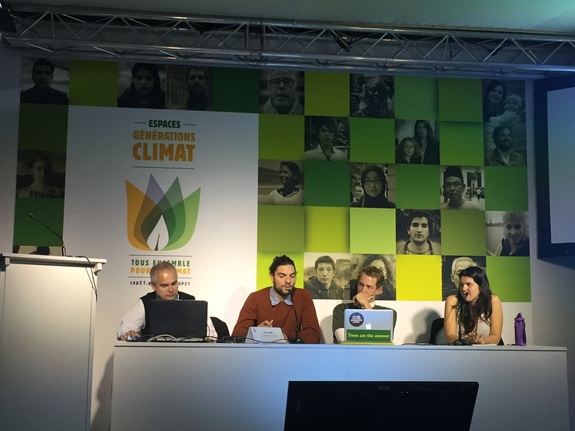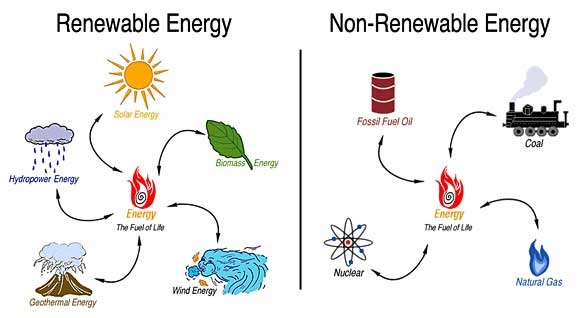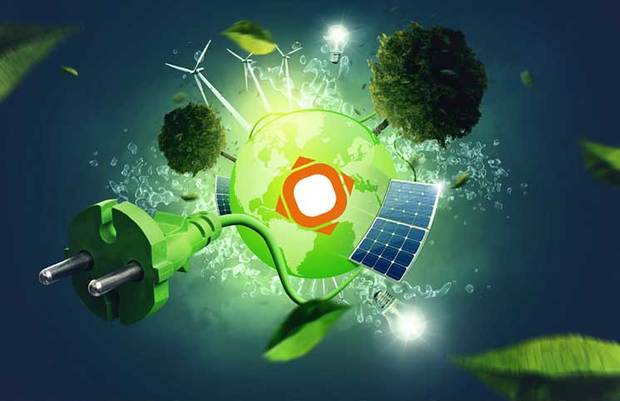|
During the conference, I am trying to get out of my comfort zone (clean air), and I have been participating in multiple events attempting to broaden my knowledge and get a better understanding of the different implications of climate change. For example, yesterday I went to various events regarding the impacts of climate change on health, renewable energy, food and agriculture. However, today one of the most wonderful talks that I have been able to relate to was Renewable Energy Access to Latin America. Due to my Hispanic/Latin Heritage, it was a must that I attend, also it was given in Spanish (my native language). In the discussion of Renewable Energy in developing countries, we always use African countries as an examples, when in fact we have some other countries within our own hemisphere. In Latin America, the differences in social classes are very high. There are still people that can't satisfy basic necessities, and there are also people that don’t know the electricity as we know it, like the indigenous community. There is too much power in too few hands, avoiding the competitiveness. So combating the climate change by using renewable energy via energetic interconnection (like a spider web), we are also trying to fight poverty. Latin America has an enormous dependence on petroleum, when it is a region rich in natural and renewable resources. Currently in South America, they use hydropower as a renewable type of energy. However, recently its production had been decreasing due to the effects of climate change on water resources. Therefore, they started looking for some other ideas to combine, to prevent failure if in the future a different type does not work. We don’t only need to reduce the carbon footprint, but also our ecological footprint. The solutions and alternative exist in a long-term, clean, and cost-effective way, but the implementation and influence the policymakers is still a challenge. Even though politics in the whole American Continents have been discouraging, public policies and politics overall need to be more seriously committed to these issues. Therefore, we as the young people need to be empowered, inclusive, open minded, and involved in these kinds of topics to do not repeat the same mistakes from the past.
6 Comments
Arelis
3/12/2015 03:58:43 am
Very nice!!! Is important to develop more studies that continue to focus on possible alternarives of mitigation and adaptation to climate change in Latin America and the Caribbean, areas with less resources than other countries.
Reply
#sandwiches
4/12/2015 10:24:15 am
THe climate change is coming to North America too.
Reply
kassidy
4/12/2015 05:20:54 am
I agree there needs to be more renewable sources that are being used to their full potential. Other alternatives for renewable resources need to be put in mind.
Reply
Cameron
4/12/2015 10:25:15 am
This is good that Latin America being a big producer and provider of fossil fuels is acknowledging or at least pushing for better and renewable methods, being as area right next to and responsible for the rain forest
Reply
Cameron
4/12/2015 10:32:19 am
I spell a lot of words wrong. Forgive me.
Reply
Kurt
6/12/2015 04:18:57 pm
I think that although this is true, you have to take into account how difficult it would be to stop being dependant on those resources for them. Their economy would most likely take a nosedive and it would take a lot of money to move to clean energy.
Reply
Leave a Reply. |
Categories
All
Archives
March 2024
|



 RSS Feed
RSS Feed
